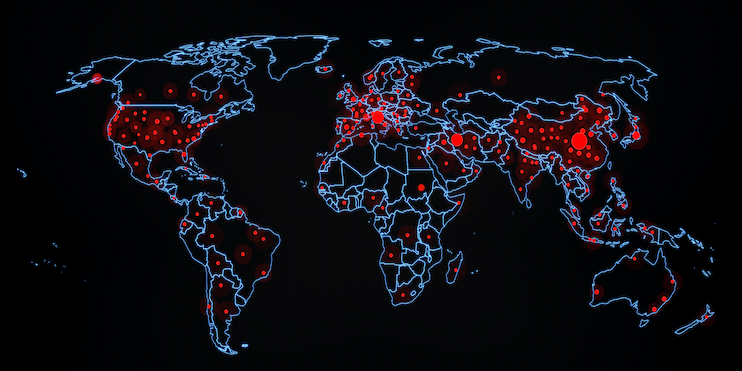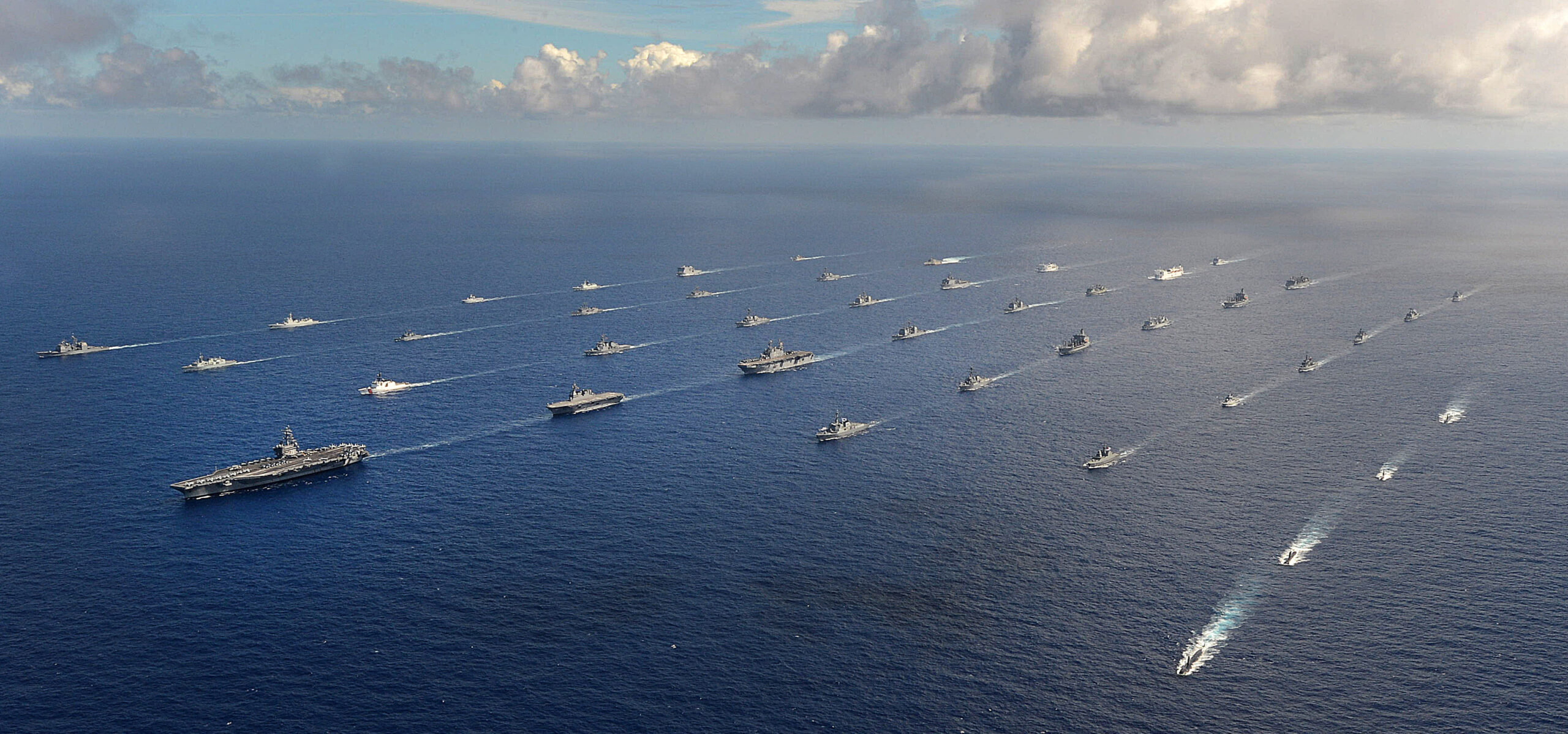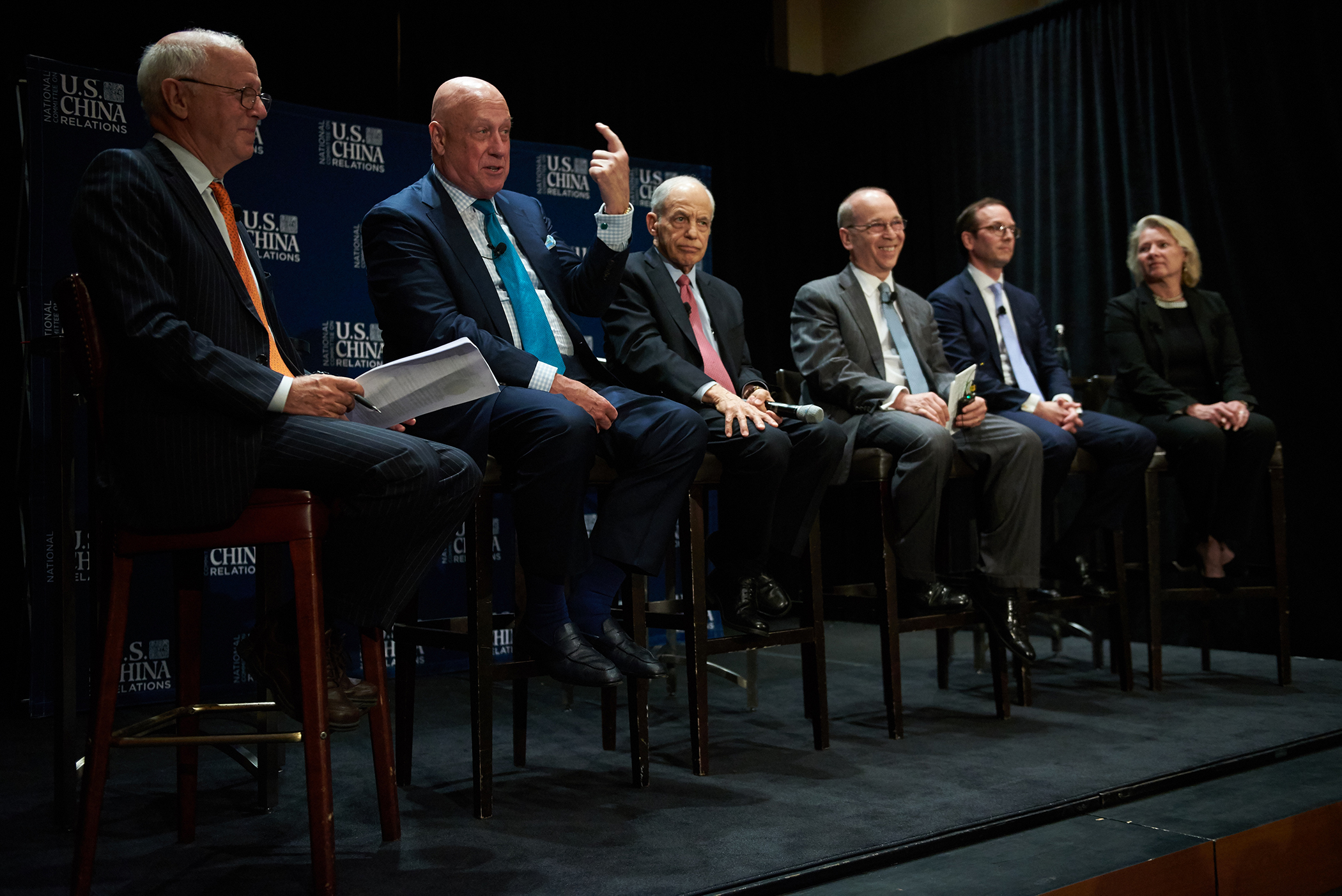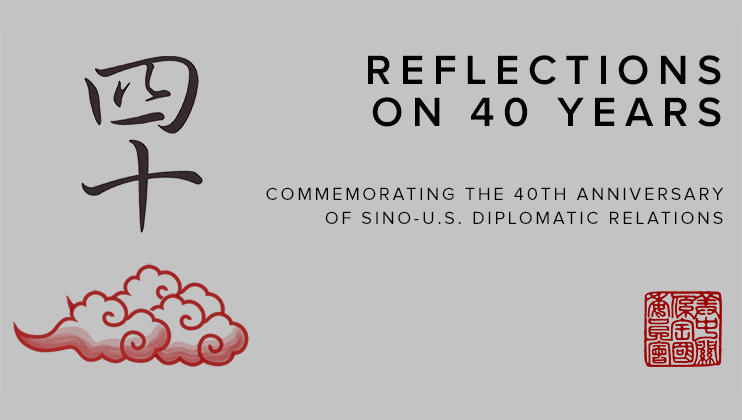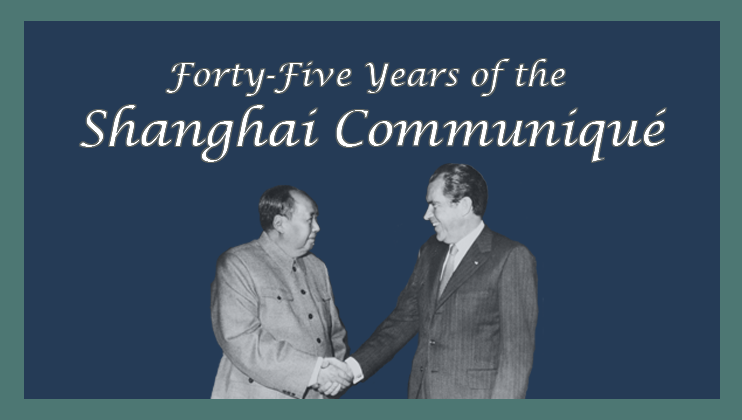The National Committee hosted a virtual program moderated by Joan Kaufman with two leading medical experts: Margaret Hamburg and Winnie Yip, as they discussed the potential for collaboration between the United States and China on global health strategies.
In its fight against the coronavirus, should the United States consider China an enemy or a partner? Graham Allison discussed prospects for cooperation in the fight against the coronavirus.
How should we think about the U.S.-China military and security relationship? The commander of the U.S. Indo-Pacific Command, Admiral Philip S. Davidson, presents his views.
A discussion focusing on how the United States and China have moved from strategic cooperation to strategic competition, and what can be done to help ease bilateral tensions.
To commemorate the 40th anniversary of the announcement of the establishment of diplomatic relations between the United States and the People’s Republic of China, the National Committee convenes a panel of experts who have been instrumental to building the relationship.
Former U.S. Ambassadors to China Winston Lord and Stapleton Roy discuss the significance of the Shanghai Communiqué.
A new report that unveils the full picture of two-way direct investment flows between the United States and China in the past 25 years.
Jerome Cohen and Ezra Vogel reflect on normalization and how academic study of China has changed over the course of their careers.
In the waning years of the Cold War, the United States and China began to cautiously engage in cultural, educational, and policy exchanges, which in turn strengthened new security and economic ties. These links have helped shape the most important bilateral relationship in the late-twentieth and early twenty-first centuries.
The United States-China relationship is at a critical juncture as both countries undergo great changes. At a National Committee program on April 10, Scott Kennedy and He Fan discussed the tensions and challenges in the relationship and offer policy recommendations from their new report, part of the Initiative on China and Global Governance project. Professors […]

